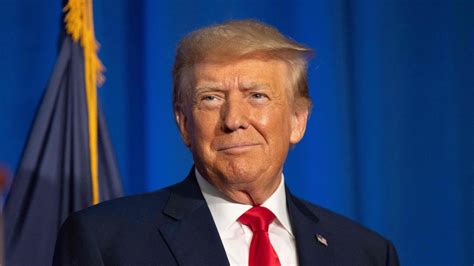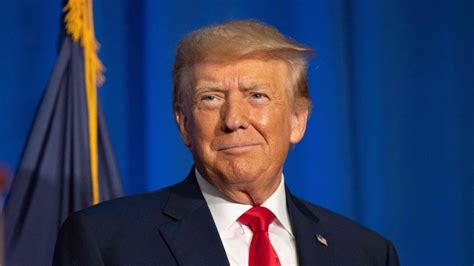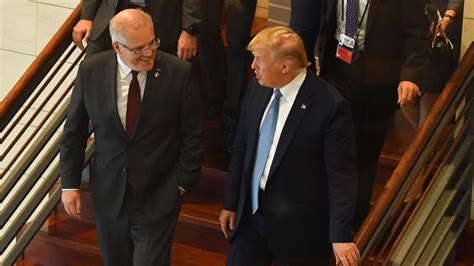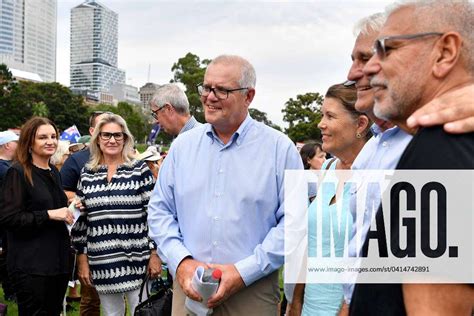In a groundbreaking development, the United States, United Kingdom, and Australia have taken a major leap in the AUKUS agreement. This strategic partnership involves the sharing of crucial materials and supplies to strengthen their submarine programs.
The recent activation of the AUKUS Naval Nuclear Propulsion Agreement signifies a significant milestone achieved just days before the upcoming inauguration of US President Donald Trump for his second term. Under this pact, Australia is slated to receive essential resources and equipment to support the construction of nuclear-powered submarines.
The Australian government’s commitment to investing an additional $262 million in initiatives such as the Defence Industry Development Grants Program, Global Supply Chain Program, and Defence Industry Vendor Qualification Program demonstrates a strong dedication to enhancing domestic economic opportunities through the AUKUS submarine program.
By bolstering around 125 businesses nationwide, these investments are projected to lay a robust foundation for acquiring Virginia-class nuclear-powered submarines by Australia starting from the 2030s. The cooperation among these three major countries marks a significant stride towards advancing their respective defense capabilities.
Deputy Prime Minister Richard Marles emphasized that the implementation of AUKUS is well underway, stating that efforts are ongoing to build and fortify an indigenous submarine industrial base that can effectively support Australia’s future fleet of nuclear-powered submarines. This endeavor is expected not only to enhance national security but also stimulate economic growth in local communities over decades to come.
Moreover, Defence Industry and Capability Delivery Minister Pat Conroy underscored the government’s commitment to integrating Australian products into supply chains operated by the US and UK partners. By fostering skills development and expanding commercial opportunities for local industries, these investments aim at empowering Australian businesses within global defense networks.
Recognizing the far-reaching implications of this collaboration on regional stability, incoming Secretary of State Marco Rubio expressed strong support for the AUKUS agreement during his confirmation hearing. He highlighted how partnerships like AUKUS could be instrumental in achieving geopolitical balance in regions like Indo-Pacific.
As stakeholders work diligently towards realizing shared objectives through mutual cooperation and resource-sharing agreements like AUKUS, it becomes evident that collective efforts hold immense potential in shaping strategic landscapes across borders.








Leave feedback about this